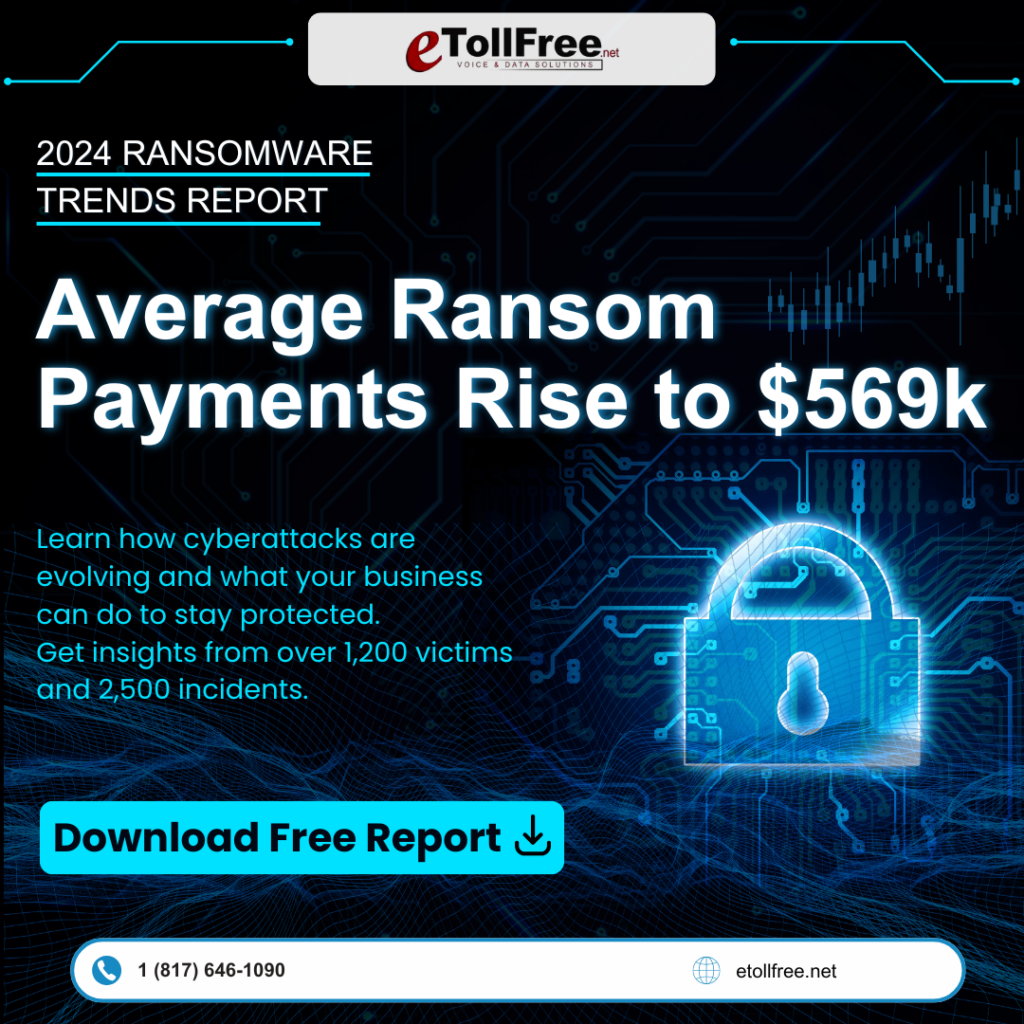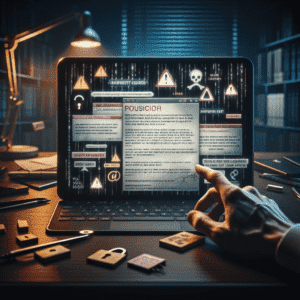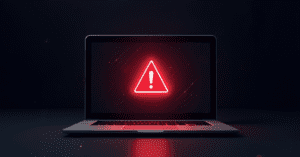How the Marines Are Making Cyber Safety Easier for Soldiers in Battle
Imagine being back in high school, feverishly working on a group project due in just an hour. Suddenly, your laptop starts acting weird, plastering bright pink letters across your screen that exclaim “Gotcha!” Before you know it, your hard work is swallowed by a scam pop-up. Frustrating, right? Now, imagine this isn’t just a project at risk, but sensitive military information. Fortunately, the U.S. Marine Corps is tackling similar digital threats head-on to ensure their soldiers remain safeguarded from online dangers, effectively enhancing cyber safety on the battleground.
Understanding the Cyber Battlefield
The modern battlefield isn’t just fought with tanks and helicopters. There’s a silent battle happening online where hackers, like digital termites, sneak into systems, waiting to unleash chaos. This is where the need for Marines enhancing cyber safety for soldiers becomes evident. As hackers grow more cunning, infiltrating even the most guarded systems, it’s crucial for the Marines to safeguard their networks against these threats.
Just as you would upgrade an old, rusty lock with a high-tech security system for your home, the Marines are upgrading their computer systems to ensure utmost safety. This means getting rid of outdated security protocols and adopting state-of-the-art technology that can foresee and avert potential cyber attacks before they occur. The goal is to have a security system that can respond to threats before it becomes too late.
The Role of the “Digital Bodyguards”
Picture a group of tech-savvy experts sitting in a command center full of large screens, constantly monitoring for any signs of digital trouble. These are the “digital bodyguards” the Marines are considering as an essential resource. Their mission is to watch over the Marine Corps network vigilantly, ready to jump into action at the slightest hint of a cyber intrusion.
However, there’s a challenge—the current shortage of specially trained personnel to manage this robust defense system. Imagine our school tech guy trying to fix every Chromebook individually during a massive tech fail—impractical, right? Similarly, the Marine Corps is working to ensure they have enough qualified individuals who can efficiently manage and safeguard the network from cyber threats, no matter where the soldiers are in the world.
Transforming the Marine Corps Network
The Marines are focusing on building what can be described as a “super smart” network. This network isn’t just smart; it’s like having a built-in system that resolves issues before anyone even notices them. The plan includes centralizing the management of their network, allowing experts to handle threats swiftly and effectively.
Think about a scenario where the Wi-Fi blips off in the middle of a crucial presentation, only to come back right before anyone notices—this is the kind of seamless efficiency the Marines aim to achieve with their new digital systems.
Facing the Cyber Threat with Preparedness
Even though the Marine Corps is putting their best foot forward, it’s still a daunting task. Hackers are persistent, and the number of attempts can be overwhelming. Prioritization is key, much like a firefighter deciding which flames to tackle first in a multi-front blaze. The Marines need to ensure critical systems are protected, especially those with strategic importance.
But don’t worry; improvements are underway. Similar to how you might need to update your passwords and avoid suspicious links to protect your personal data, the Marines are refining their cyber protocols. They’re streamlining systems to rapidly detect and counteract potential breaches, preventing disruption to missions and the loss of critical information.
Taking Cyber Lessons into Everyday Life
Back to our high school scenario, Mia, the wise friend, emphasizes that Noah needs to adopt some basic cybersecurity practices. Changing his password from an easy guess like “password123” and exercising caution online are simple but vital steps to staying safe, both personally and more widely.
In today’s digital age, cybersecurity is everybody’s responsibility. It’s about creating a safety net that spans from individual actions to organizational protocols. By working together, like the Marines, we can form a robust defense against online threats, safeguarding information and ensuring missions, whether in schools or in the field, proceed unimpeded.
Through their upgrades and proactive strategies, the Marines continue their mission of enhancing cyber safety for soldiers, setting a commendable example for both military and civilian sectors to follow.
Remember, whether it’s your homework or a national defense system, preventive measures are the key to keeping the digital bullies at bay.










